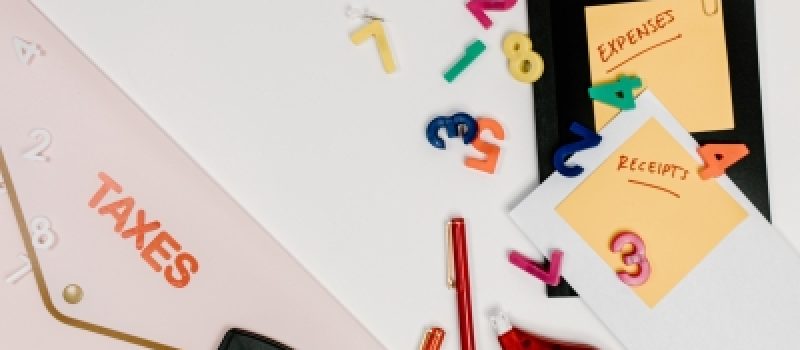Creating a budget is important to help you plan how much you can save, spend or invest each month.
A realistic and accurate budget helps you see the big picture of what you're spending, understand your spending behavior, and decide on the best decisions to make.
Your budget must include your sources of guaranteed income and a detailed list of your expenses. You can create a main category to cover a group of expenses, such as utilities, or you can create smaller categories related to specific needs, such as electricity, water, telephone, gas, etc. .
Expenses can also be divided into fixed expenses and variable expenses. Determining the best method will depend on your individual preferences.
Fixed expenses are necessary expenses. It includes, but is not limited to, rent, loans, taxes, insurance, government expenses, food, transportation, health care, education, and childcare costs. These expenses are constant in your budget and are usually paid on a regular basis (weekly, monthly or yearly). Some fixed expenses may be discretionary, such as a gym membership or a subscription to a streaming service. Fixed expenses may represent the largest percentage of your budget, but you can reduce their costs. The savings in this category can be quite substantial once lower cost options are found (a cheaper cell phone plan or gym membership for example).
Variable expenses can include essential expenses (a visit to the doctor for example) as well as discretionary expenses (shopping, leisure, outings, restaurants, trips). Budgeting for variable expenses can be more difficult. If you don't track these expenses regularly, it could be very easy to underestimate or overestimate how much of your budget you should allocate to them. The variable expense category also includes parking costs, gasoline, personal care, hobbies and recreation.
Here's how you can categorize your expenses:
Public services – these expenses are part of everyday life, such as electricity, natural gas, Internet, municipal taxes, cable or satellite, telephone and water.
Accommodation – this type of expense is not limited to mortgages or paying rent. You must take into account housekeeping, repair costs, home improvements, property taxes and home insurance.
Transportation – the amount you spend on transport depends on the distance between your place of residence and your points of interest (eg the place of work) and, of course, individual preferences. This category includes the car, gas, maintenance and repairs, insurance, parking or your public transport tickets.
Food – these expenses constitute an important part of the budget and include groceries, outings and restaurants, children's lunches or food for your pets.
Debts – in order to accurately assess your financial situation, it is necessary to attach great importance to this category which includes credit cards, payment agreements, personal loans, etc.
Health and beauty care – the expenses that fall into this category are: health insurance, medical and pharmaceutical expenses, dental care, clothing and shoes, hairdresser's expenses as well as expenses relating to personal hygiene (toiletries) .
Leisure and entertainment – it is completely acceptable to spend money on things that bring you joy. This type of expense can include movies or concerts, vacations, hobbies, parties, newspaper or magazine subscriptions, gifts, and charity.
Education – miscellaneous expenses in this category include registration fees, student loans, tuition fees, books, school supplies or field trips.
Various – this category is often created by most people to cover expenses that do not fit into any of the categories listed above. This can include electronics maintenance, pet care, shipping, children's toys and more.
Savings and investments – money allocated to savings or investments helps to build you a secure financial future. Once you have received your monthly income and paid your bills and debts, you need to allocate some money to savings. There are several categories of savings: emergency funds, pension savings, short-term savings, for example.
Categorizing your expenses allows you to create a guideline in your monthly expenses and decide how best to take proactive action. At the end of each month, review your expenses and compare what you spent versus what you planned to spend. Your budget should evolve over time based on your needs and goals. Thanks to the information collected during the follow-up of your budget, you will have the possibility of allocating more money to the payment of your debts and to your savings.




